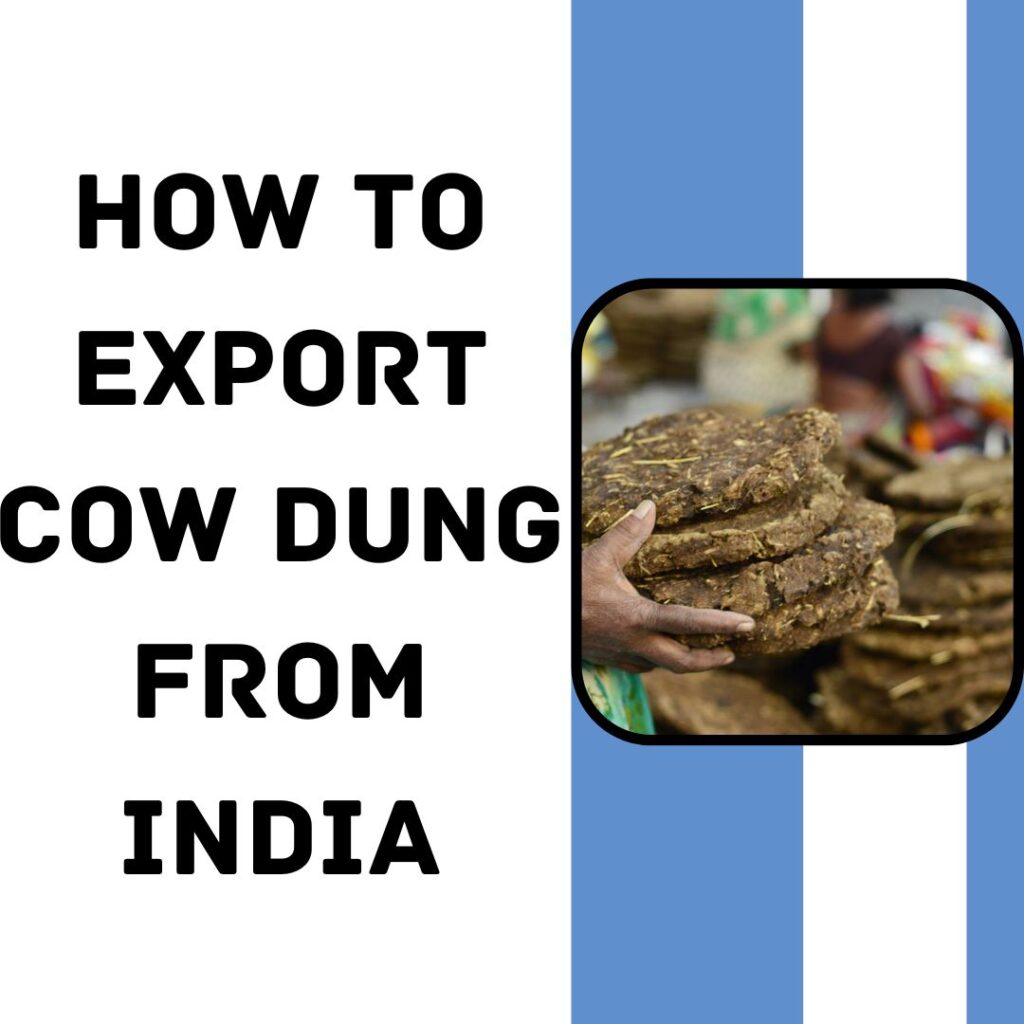Research Regulations:
Check the regulations related to the export of cow dung from India. Regulations may vary based on the destination country.
Contact Agricultural Authorities:
Get in touch with the agricultural authorities or export promotion councils in India to understand the specific requirements for exporting cow dung.
Quality Standards:
Ensure that the cow dung meets the quality standards set by both Indian and international authorities. This may involve testing for contaminants and adhering to specific guidelines.
Packaging and Labeling:
Follow the packaging and labeling requirements for the export of organic or agricultural products. Proper packaging helps in preserving the quality of the product during transportation.
Export License:
Obtain the necessary export license from the Directorate General of Foreign Trade (DGFT) in India. This may include providing details about the type and quantity of cow dung you intend to export.
Phytosanitary Certificate:
Obtain a phytosanitary certificate from the Agricultural and Processed Food Products Export Development Authority (APEDA) or relevant authorities. This certifies that the cow dung is free from pests and diseases.
Customs Documentation:
Complete all necessary customs documentation, including a commercial invoice, packing list, and bill of lading. Work with a customs broker if needed.
Shipping and Logistics:
Arrange for shipping and logistics. Choose a reliable freight forwarder to handle the transportation of the cow dung from India to the destination country.
Destination Country Regulations:
Be aware of and comply with the regulations of the destination country. This may include import permits, quarantine requirements, and any other specific regulations related to organic products.
Payment and Insurance:
Arrange for payment methods and consider obtaining insurance coverage for the shipment in case of any unforeseen circumstances during transit.
Build Relationships:
Establish good relationships with potential buyers, distributors, or importers in the destination country. Networking can be crucial in the export business.
Remember that specific requirements may vary depending on the destination country, so it’s essential to conduct thorough research and work closely with the relevant authorities and experts in the field. Additionally, consulting with a trade advisor or export consultant can be beneficial in navigating the complexities of international trade.



